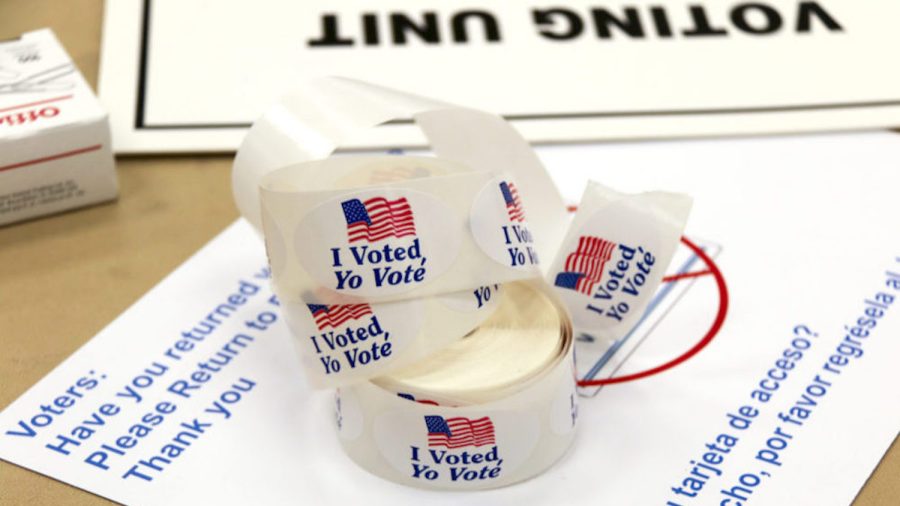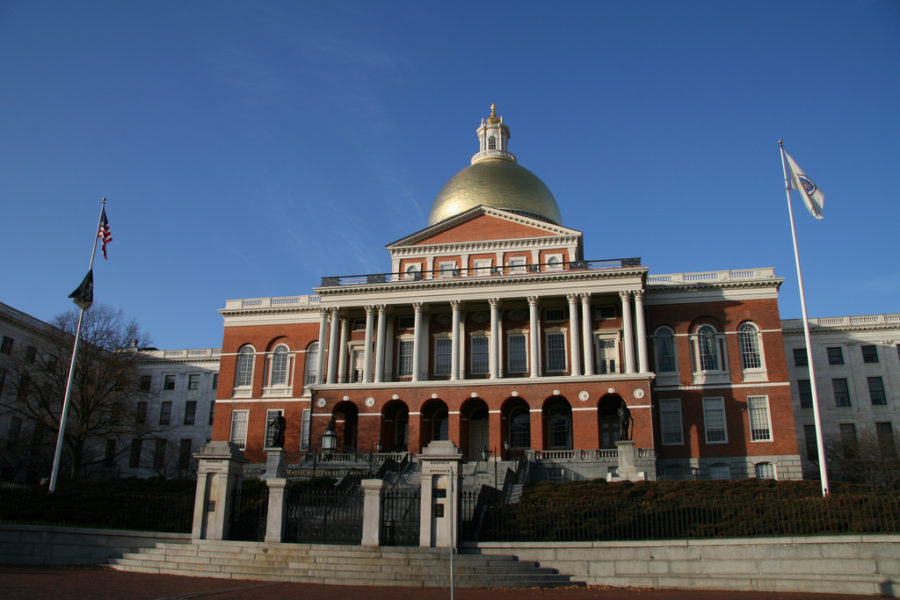Since the 2020 election, poll workers have come under fire for their involvement in the voting process, with many wondering if the abuse is now the price to pay for democracy.
The vast majority of poll workers are retired, with most being in their 60s and 70s. Poll workers are volunteers who are typically given some small financial compensation for their over 12 hour day at the polls plus some training.
For many years election bureaucrats and polls workers were largely ignored, seen simply as a small part of you carrying out the right to vote, but in the wake of the 2020 election, the role of an election worker has become highly publicized and politicized. Now, some activists and organizers say that poll workers play a more vital role than ever.
“I recognize that being a poll worker is not the most glamorous job,” said Aerion Abney, the Pennsylvania state director for All Voting is Local. “People might not even be aware of it. Being a poll worker is an underappreciated job, but they provide a critical service to the public. We want to make sure people know this is an opportunity that exists.”
Election workers were on the frontline for the past several years of fighting former President Donald Trump’s claim that the 2020 election result was fraudulent. Many election workers, previously ignored by the electorate, have now been harassed, threatened, or otherwise faced harm at the hands of people believing they played a role in perpetuating a “stolen” election in 2020.
In the past year a Brennan Center poll found one in six local election officials reported being threatened as a result of their job. According to the poll these threats ranged from “death threats that name officials’ young children to racist and gendered harassment.”
“I know my town will need workers for the midterms next month. I must decide whether I’m willing to subject myself to the experience of working at an election again,” wrote Jennifer Rizzo in an Op-Ed to the Boston Globe. “Am I the only poll worker contemplating a decision not to go back? I don’t think so.”
According to the poll, 77%of election workers said they felt as though these attacks have increased in recent years and 80% think the federal government is doing nothing to help them.
20% said they plan to leave their work prior to the 2024 election, and one-third of those who are leaving cited politicians’ attacks on the system as the reason.
According to PEW, “Poll workers can be the difference between a smooth election and long lines, mass confusion and miscounted ballots.”
In September a group of 17 senators led by Sen. Amy Klobuchar introduced the “Election Worker Protection Act.”
This bill, among other things, would provide additional funding for election worker training as well as funding for physical protection for election workers as well as social media monitoring for threats to workers.
Activists are encouraging people to support the legislation by contacting their U.S. representative or senator, and are reminding voters to be respectful of poll workers.




